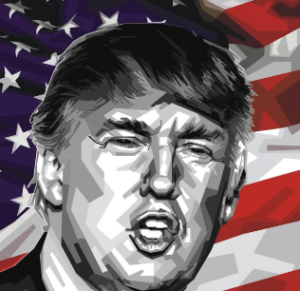$XRP $LTC $TRX
#SEC #ETFs #XRP #Litecoin #TRON #cryptocurrency #regulation #cryptoETFs #blockchain #investment
The U.S. Securities and Exchange Commission (SEC) has once again placed a hold on the progression of cryptocurrency-based Exchange Traded Funds (ETFs), specifically those related to XRP and Litecoin, which are managed by CoinShares. This move by the SEC indicates a continued cautious stance towards the integration of certain cryptocurrencies into mainstream financial products, despite growing interest and adoption by investors. The extension of the review period for these ETFs suggests that the SEC is taking a meticulous approach in assessing the potential risks and the regulatory compliance of these financial products before granting approval. This cautious approach underscores the regulatory challenges that cryptocurrencies face in gaining acceptance within the traditional financial landscape.
Meanwhile, in a contrasting but equally noteworthy development, the SEC has acknowledged a new ETF that revolves around staked TRON (TRX). This advancement is significant as it marks a slight but notable progression in the acceptance of crypto-related ETFs within the regulatory framework. The TRX staking fund represents a novel addition to the available cryptocurrency investment vehicles, providing investors an opportunity to gain exposure to staking rewards, which are a form of return generated from participating in the transaction validation process on a blockchain network. This recognition by the SEC could pave the way for further acceptance and development of similar crypto investment products.
The different paths taken by the SEC regarding these ETFs reflect the complex and varied nature of cryptocurrencies as an asset class. On one hand, the hesitation to move forward with XRP and Litecoin ETFs might be attributed to ongoing concerns regarding regulatory compliance, market manipulation, and the inherent volatility associated with these assets. On the other hand, the advancement of the TRX staking fund ETF indicates a willingness to explore and potentially embrace the more innovative aspects of cryptocurrency, such as proof of stake mechanisms, which are viewed as energy-efficient alternatives to the traditional proof of work consensus algorithms.
These developments are crucial for the broader cryptocurrency market as they signal both the opportunities and hurdles in the path towards greater recognition and integration of cryptocurrencies into the financial ecosystem. As regulatory bodies like the SEC navigate these waters, their actions and decisions will continue to have a significant impact on market dynamics, investor sentiment, and the future of cryptocurrency-related financial products. For stakeholders in the crypto space, keeping a close eye on these regulatory proceedings is essential for understanding potential market shifts and aligning their strategies with the evolving legal and financial landscape.










Comments are closed.